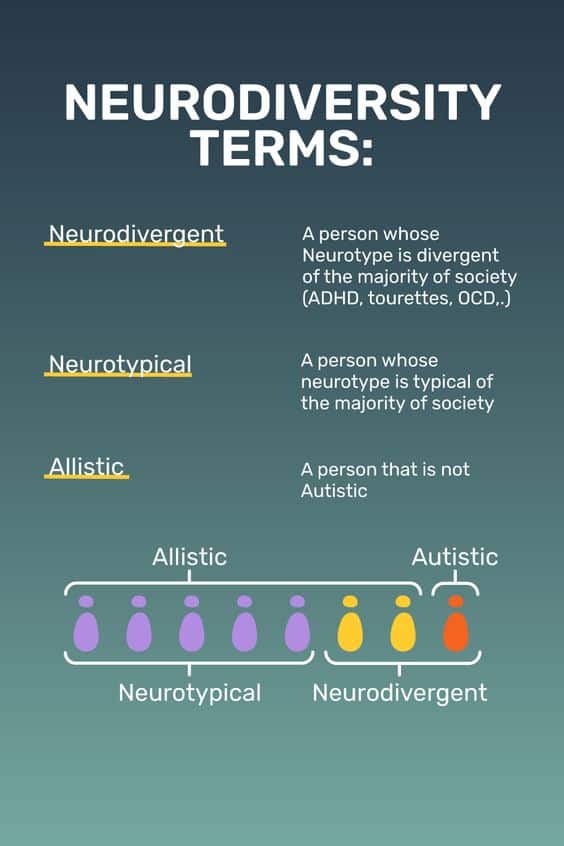Symptoms of neurocognitive disorders in children can vary depending on the specific type and underlying cause. Some common signs to watch for include:
| Cognitive changes |
Memory problems, difficulty concentrating, slow thinking |
| Language issues |
Trouble finding words, understanding speech |
| Behavioral changes |
Irritability, agitation, apathy, impulsivity |
| Motor symptoms |
Clumsiness, tremors, weakness, balance problems |
If you notice any of these symptoms in your child, it’s important to talk to their pediatrician. Early diagnosis and intervention can make a big difference in supporting your child’s development and quality of life.
This post was originally published on August 16, 2023. It was updated on June 14, 2024.












